Debt restructuring refers to the process of renegotiating the terms and conditions of a borrower’s debt to make it more manageable. Bank workouts are a specific type of debt restructuring that take place between a bank and a borrower. The goal of a bank workout is to find a mutually beneficial solution for both parties that enables the borrower to repay the debt and the bank to recover as much of the loan as possible.
Bank workouts typically occur when a borrower is unable to make payments on a loan and the bank sees the loan as becoming non-performing. The bank will then begin the workout process to determine the best course of action to minimize its losses. This may involve a temporary reduction in payments, a longer loan term, a change in interest rate, or a combination of these solutions.
In some cases, the bank may also require the borrower to provide additional collateral or take other actions to secure the loan. This can include selling assets, reducing operating expenses, or finding new sources of revenue. The bank may also work with the borrower to find a third-party investor to help refinance the debt.
One of the most common types of bank workouts is a debt-for-equity swap. In this type of workout, the bank agrees to exchange some or all of the debt for an ownership stake in the borrower’s company. This allows the borrower to reduce its debt burden while giving the bank a financial interest in the success of the company.
Another type of bank workout is a debt refinancing, in which the bank agrees to provide new financing to the borrower in exchange for more favorable terms and conditions. This may include a lower interest rate, longer loan term, or a reduction in the amount of debt owed.
Bank workouts can be a win-win solution for both the borrower and the bank. For the borrower, a successful workout can provide much-needed relief from overwhelming debt and help it get back on solid financial footing. For the bank, a workout can help minimize its losses and potentially even generate a profit.
However, bank workouts can also be complex and time-consuming, and they may not always be successful. In some cases, the borrower may not be able to find a solution that works for both parties, and the loan may end up in default. In these cases, the bank may have to pursue legal action to recover its losses.
In conclusion, bank workouts are an important tool for debt restructuring and can help both borrowers and banks resolve financial difficulties. However, it is important for borrowers to work closely with their banks and seek the advice of financial professionals to ensure the best outcome for all parties involved.
Worth Avenue Capital specializes in arranging debt financing for both small businesses and real estate developers/investors and also handles bank workouts for those same clients. You can learn more about WAC by taking a look at the website and Youtube videos or by contacting WAC’s principal, Michael M. Ciaburri at worthavenuecapital@gmail.com or (203) 605-4082. WAC maintains offices in both Guilford and Greenwich, Connecticut as well as Palm Beach, Florida. Be sure to follow @worthavecapital on Twitter for the latest lending news.
Recent Posts
Private Lending for Business Owners: Unlocking Liquidity Without Sacrificing Equity
Achieving business growth often requires more than strategy and determination. It requires access to capital. But with tightened credit markets making traditional bank...
Contractors and Private Capital: Financing Growth in Today’s Construction Economy
The construction industry is booming. Demand for new builds, renovations, and infrastructure projects remains high, but the cost of doing business has never...
Using Second Mortgages as Additional Collateral for Construction Loans
Over the past several months, WAC has provided financing for multiple construction projects where second mortgages were a critical part of the overall...

